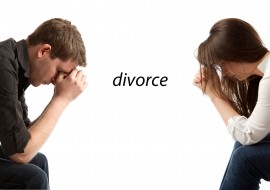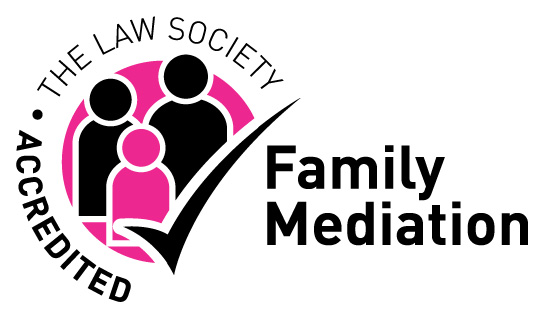You may be reading this wondering if couples therapy is right for you or how it can help. There are many reasons why people enter couples therapy – from those who recognise that their relationship needs a bit of an ‘MOT’ or who want to explore ways of improving communication. Others think that they may have reached the end of the road and are considering separation. Relationships change or deteriorate for many different reasons; mental or physical health of one or both partners, children, affairs, lack of intimacy, poor communication, menopause, retirement, bereavement and more besides. Resentment can build up over many years and yet can’t be expressed or heard but instead can fester and become toxic. Rather than owning our own resentments, we often blame our partner and expect them to change instead of taking responsibility for the change which we desire. Having the space in therapy to voice resentments and to ask for what we want or need can be transformative.
When people fall in love, they often feel that they’ve met their soul-mate, ‘the one’. Whilst this may very well be the case, sometimes unconscious processes can be at play. Childhood experiences, both good and bad, can influence our choice of partner either because we want to recreate that ‘special’ bond that we had with a primary caregiver or else to find a way to repair a ruptured relationship. Sometimes, we find ourselves in romantic relationships and end up re-enacting the very relationship dynamic we’re trying to avoid.
Relationships in the here and now can become a platform on which we try and resolve unaddressed issues from the past and we can put undue pressure on our partners to put right the emotional wrongs from time long gone. Predictably, this is an unrealistic expectation and can lead to feelings of being misunderstood, let down or unheard. Understanding more about couples’ individual histories can be very helpful in understanding how the hurt and pain from our past can derail our current relationship and is an integral part of couples therapy. This is why I like to meet with each partner on an individual basis early on in the work to get a better understanding of their personal history.
Couples often bring sexual issues to therapy. These might be due to a difference in levels and types of desire, boredom, lack of connection or intimacy. My approach is to look at the problem from a holistic view – to explore how we feel about sex in terms of our beliefs, values, history and emotions. It is also important to ascertain whether the presenting problem is organic (sometimes a medical problem) or inorganic (when our thoughts, feelings and experiences get in the way of a fulfilling sexual life).
Couples therapy provides the opportunity for you to explore any of these issues in a safe, non-judgemental space where difficult thoughts and feelings can be expressed and heard.





